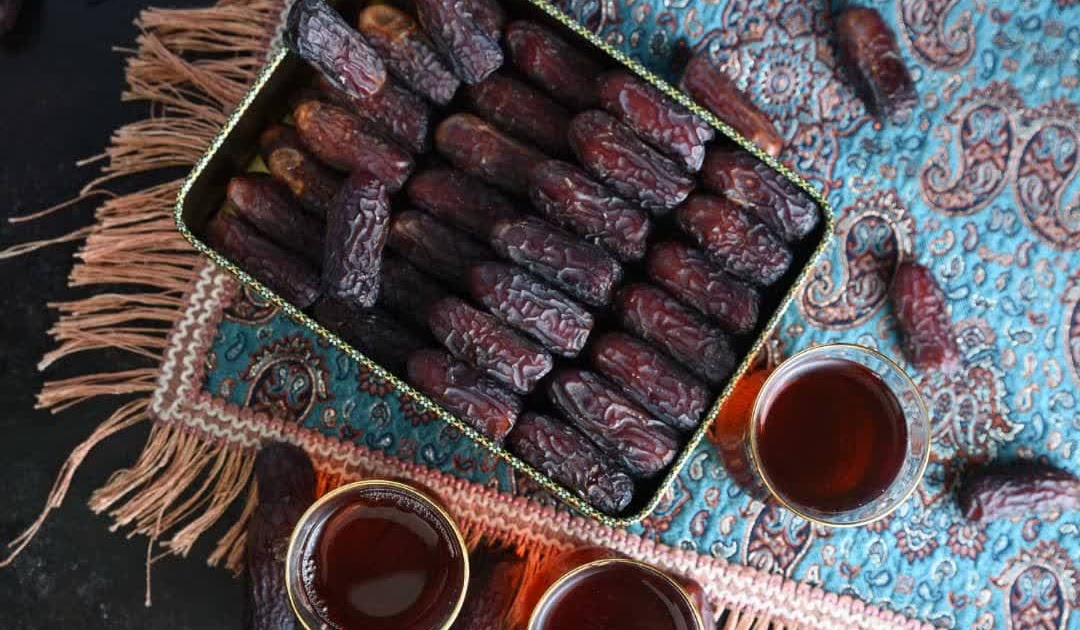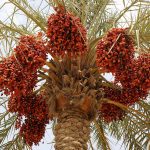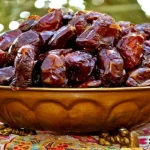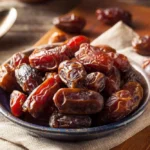For millennia, the date palm has been a symbol of sustenance and life in the arid lands of the Middle East. Today, this sweet fruit of the desert has transcended its origins to become a globally sought-after commodity. Middle Eastern dates, in particular, are prized for their superior quality and rich history, driving a global demand that shows no signs of slowing. From ancient traditions to modern consumer trends, here are five key reasons why Middle Eastern dates are taking the world by storm.
1. A Legacy of Superior Quality and Diversity
The Middle East’s centuries-old expertise in date cultivation is unmatched. The region’s unique climate and rich soil, combined with time-honored agricultural techniques, produce dates renowned for their taste, texture, and size. Varieties like the rich, caramel-flavored Medjool, the delicate and translucent Deglet Noor, and the soft, succulent Ajwa are highly sought after by connoisseurs worldwide. This wide array of high-quality, distinct varieties allows the Middle East to cater to a broad spectrum of international palates, solidifying its reputation as the source of the world’s finest dates.
2. The Global Shift Towards Health-Conscious Snacking
In an age where consumers are increasingly prioritizing healthy, natural, and unprocessed foods, dates have emerged as a perfect superfood. Their rich nutritional profile—packed with fiber, antioxidants, and essential minerals like potassium and magnesium—makes them a far healthier alternative to sugary snacks and refined sweeteners. Middle Eastern exporters have successfully leveraged this global health trend, positioning their dates not just as a traditional fruit, but as a functional food that supports heart health, digestion, and provides sustained energy.
3. Deep Cultural and Religious Significance
For millions across the globe, dates are more than a food; they are an intrinsic part of religious and cultural traditions. In Islamic cultures, dates are central to the holy month of Ramadan, used to break the fast each evening. The fruit is also a potent symbol of hospitality and generosity across the Middle East, offered to guests as a warm welcome. As Middle Eastern communities have spread around the world, they have taken these traditions with them, introducing dates and their cultural importance to new countries and consumer groups.
4. Culinary Versatility and Innovation
The modern food industry has embraced dates for their versatility, using them in a myriad of products beyond traditional consumption. Date paste and syrup have become popular natural sweeteners for baked goods, energy bars, and smoothies, appealing to vegan and plant-based diets. This trend of product innovation has unlocked new markets and applications for dates, driving demand from both home cooks and large-scale food manufacturers. This shift, from a simple fruit to a key ingredient, has significantly expanded the dates market and its global reach.
5. Strategic Investment and Modernization
Date-producing nations in the Middle East, such as Saudi Arabia and the UAE, have made significant investments to boost their global export capacity. Initiatives under strategic visions, like Saudi Arabia’s Vision 2030, support agricultural research, modern processing and packaging technologies, and improved logistics. These efforts have not only enhanced efficiency and yield but also ensured that premium Middle Eastern dates can be reliably and sustainably supplied to markets far and wide. E-commerce platforms, a rapidly growing sales channel, have further facilitated this global distribution, making premium dates accessible to a broader international audience.






Leave a Reply